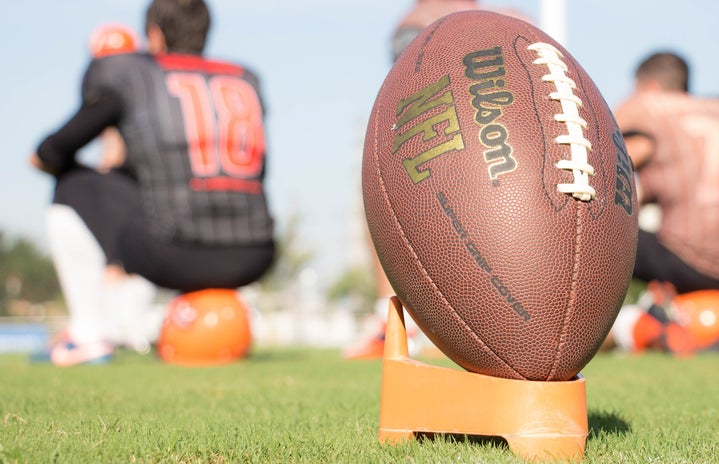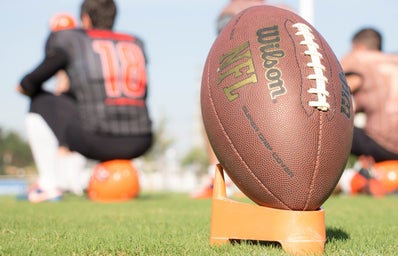If a college freshman NARP dropped out to work at a multi-million dollar corporation, where he or she had been coveted as rare talent, it probably wouldn’t raise an outcry. One could even venture to say that most people would give silent approval to these hardworking students. A very strategic career move, they would murmur as the story ran on NBC, What a gifted and talented young person. Son, why can’t you be more like them? We, as fellow students, would resent their success for making us feel inadequate. Still, they would begrudgingly hold our respect as a member of the elite: the few, the proud, the overachievers.
However, this phenomenon is raising an entirely different reaction when it is applied to the world of college basketball. With college basketball season coming to an end, newsstands are becoming inundated with stories about young players dropping out to join the NBA draft. As these talented athletes choose to forego a college degree in order to pursue their dreams of professional athletics, it begs the question about whether or not the one-and-done practice is right.
Freshmen players especially are making headlines. Most notably, University of Kentucky is losing half of its starting roster to the NBA draft, including three freshmen – Karl-Anthony Towns, Devin Booker, and Trey Lyles. Combined with the four others, UK is losing 85% of its points and 83.2% of its blocked shots as it goes into next season. Duke University is also losing three freshmen, including Jahlil Okafor, Justise Winslow, and Tyus Jones. KU has recently announced that Kelly Oubre Jr. will also enter the 2015 NBA draft.
As it stands, there is nothing wrong with these individuals entering the draft, as they are being entirely compliant with the NBA’s “one year out of high school” requirement. Many skeptics and those who aren’t heavily invested in the sport believe that giving up a college degree to play a game is an incredibly unwise decision. Even college basketball coaches have alluded to a disdain for the practice, including Wisconsin head coach Bo Ryan, who criticized Duke coach Mike Krzyzewski after losing to them in the NCAA basketball championship. “We don’t do rent-a-player,” said Ryan.
Krzyzewski countered this response in an interview with ESPNU, saying, “To say, ‘Hey, we don’t do the one-and-done in our program,’ hey, that’s your right. But also understand that everybody is doing it a little bit differently. Guys are accepting transfers more. A lot of guys are going after fifth year transfers. There’s more than one way to run a business.” He’s completely right. It’s entirely within a college team’s authority to run their program this way, and it’s entirely within the rights of a 19-year-old college basketball player to enter the draft.
But is it the right decision?
While some argue that it’s time to stop criticizing the one-and-done tradition, only time will tell whether or not it was wise for these athletes to leave their alma maters so early in favor of a professional career. As it stands, between 2006-2013, only 51 players left their college to be picked up in the first two rounds of the draft. Also, notably, out of the 50 Greatest Players in NBA history, (chosen in 1996), only ten left college early for the NBA. Some players with lower draft stock than players like Okafor and Towns might find themselves regretting the choice to leave the college party so soon.
Prepare yourselves for similar stories all the way up until June 25th, the official day of 2015 draft. Meanwhile, the Fighting Irish are keeping an eye on Jerian Grant, a four-year college player at ND, who is projected to be a first-round draft pick.
Follow HCND on Twitter, like us on Facebook, Pin with us and show our Instagram some love!

